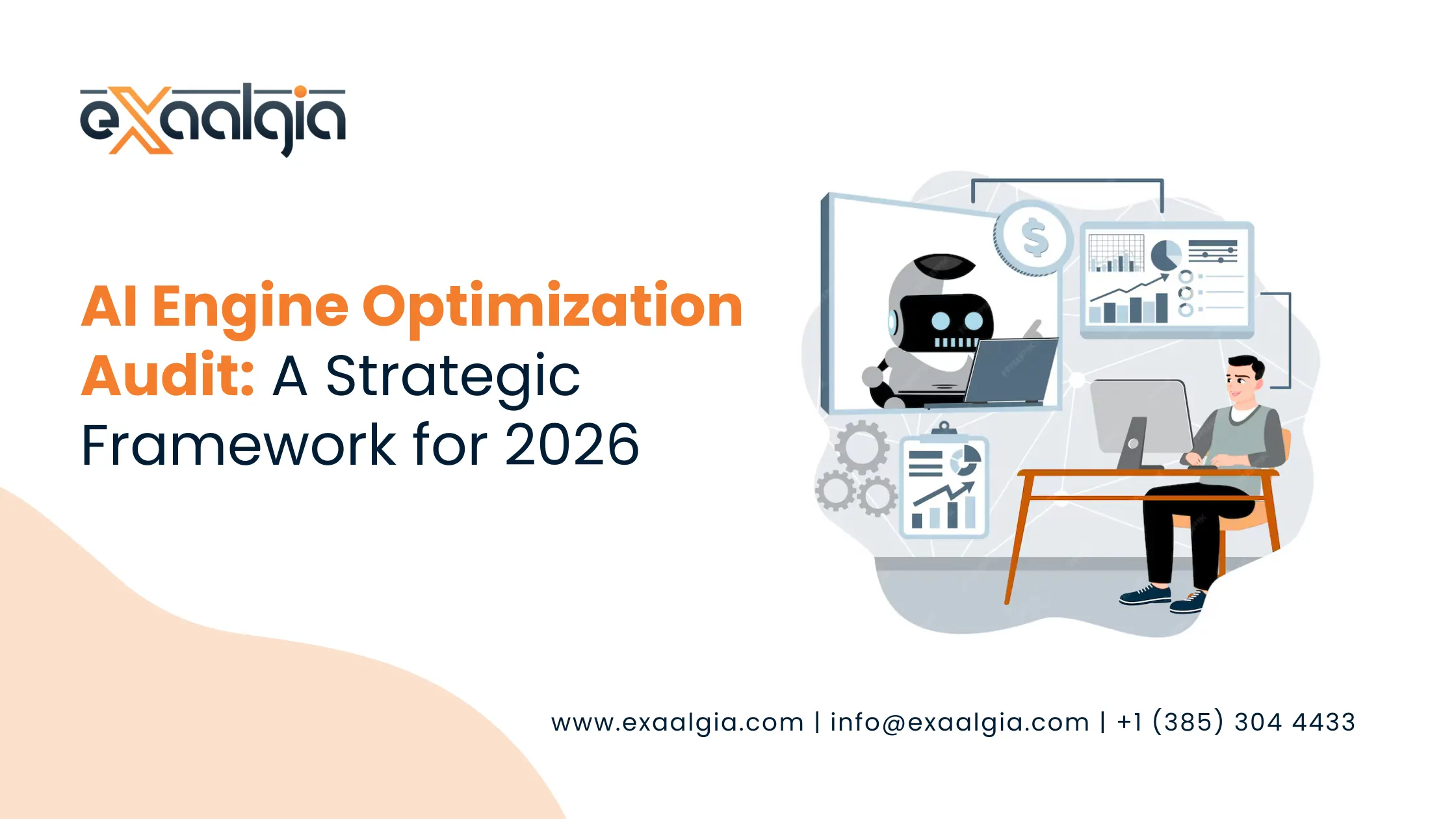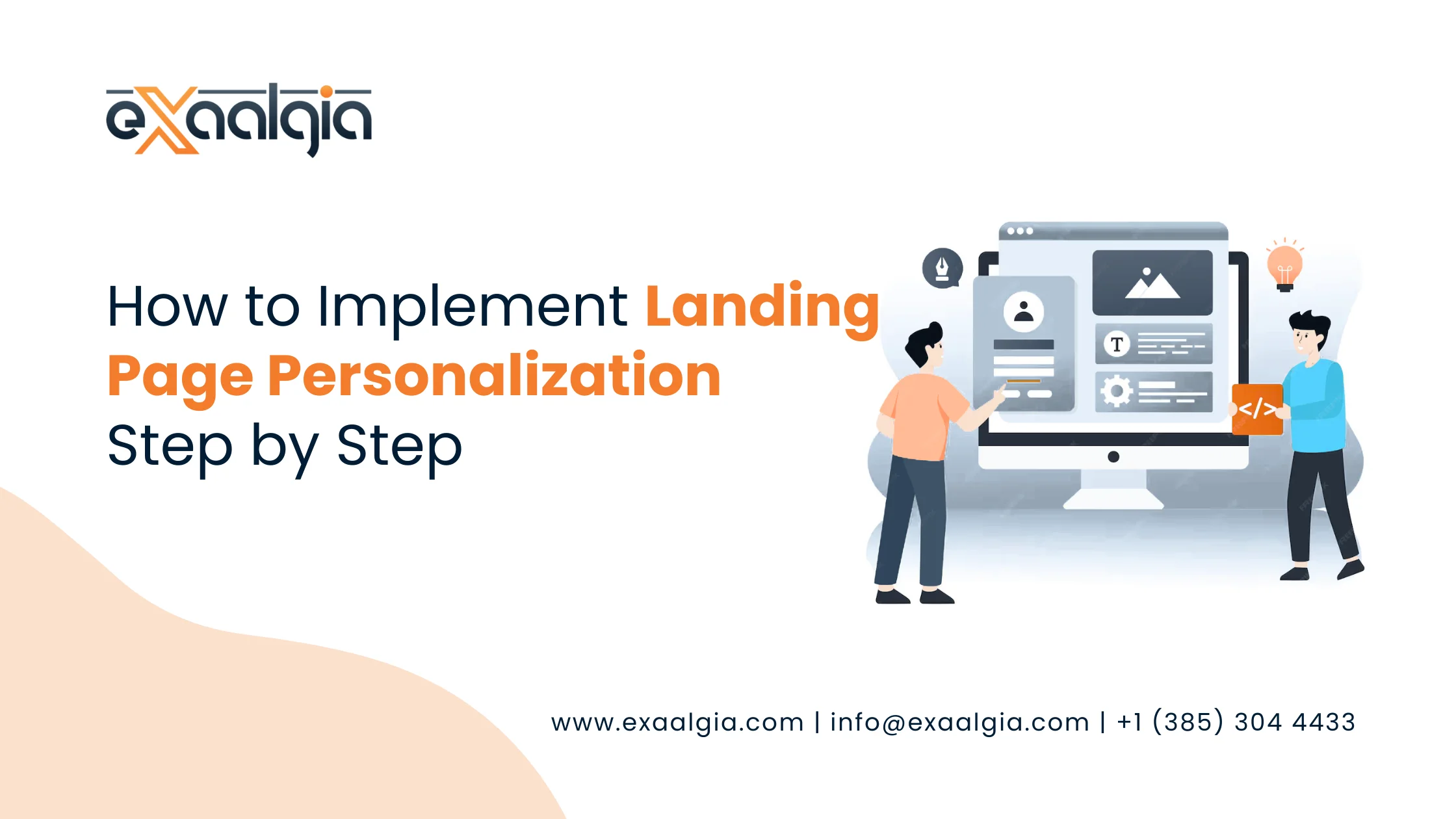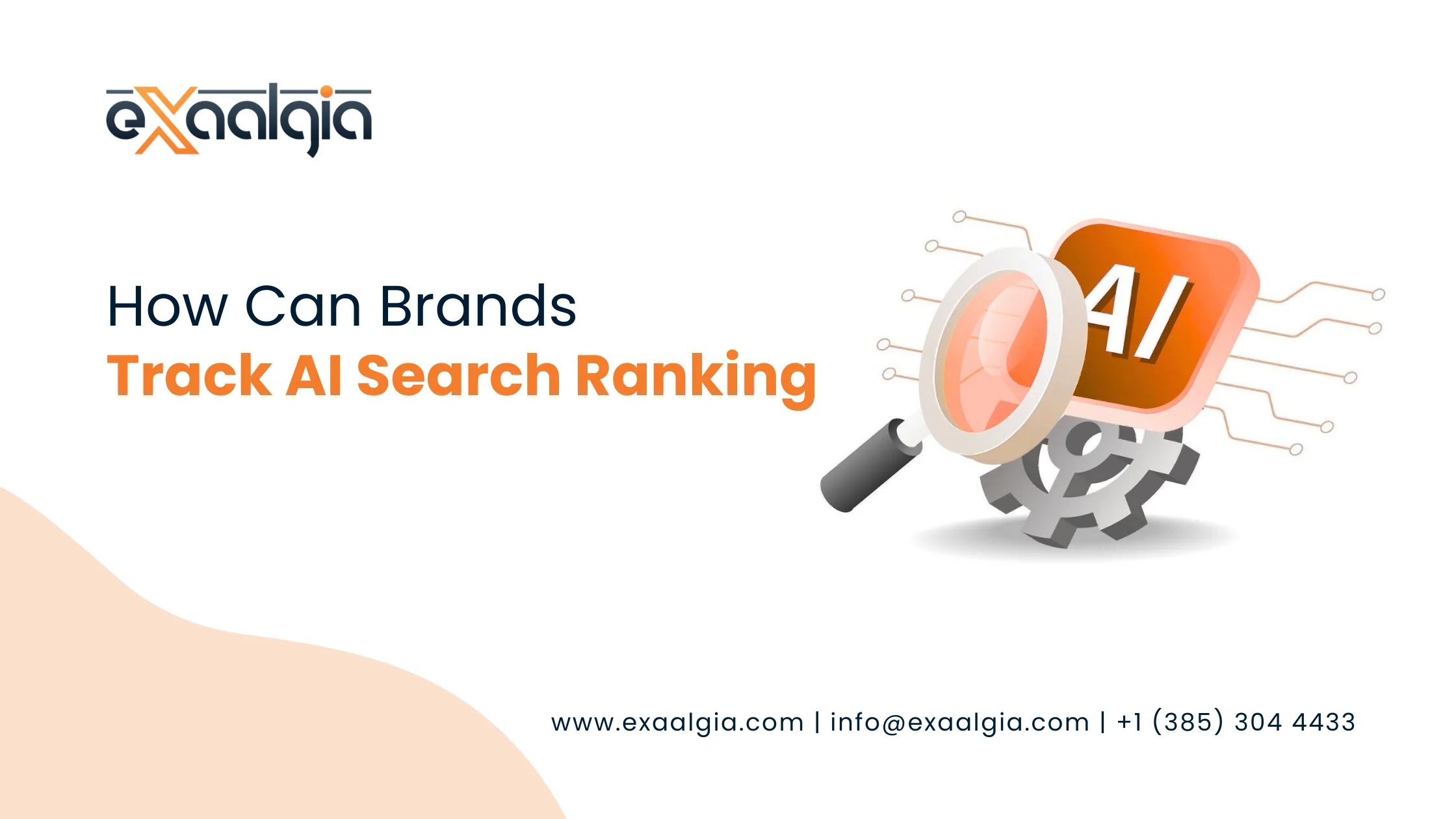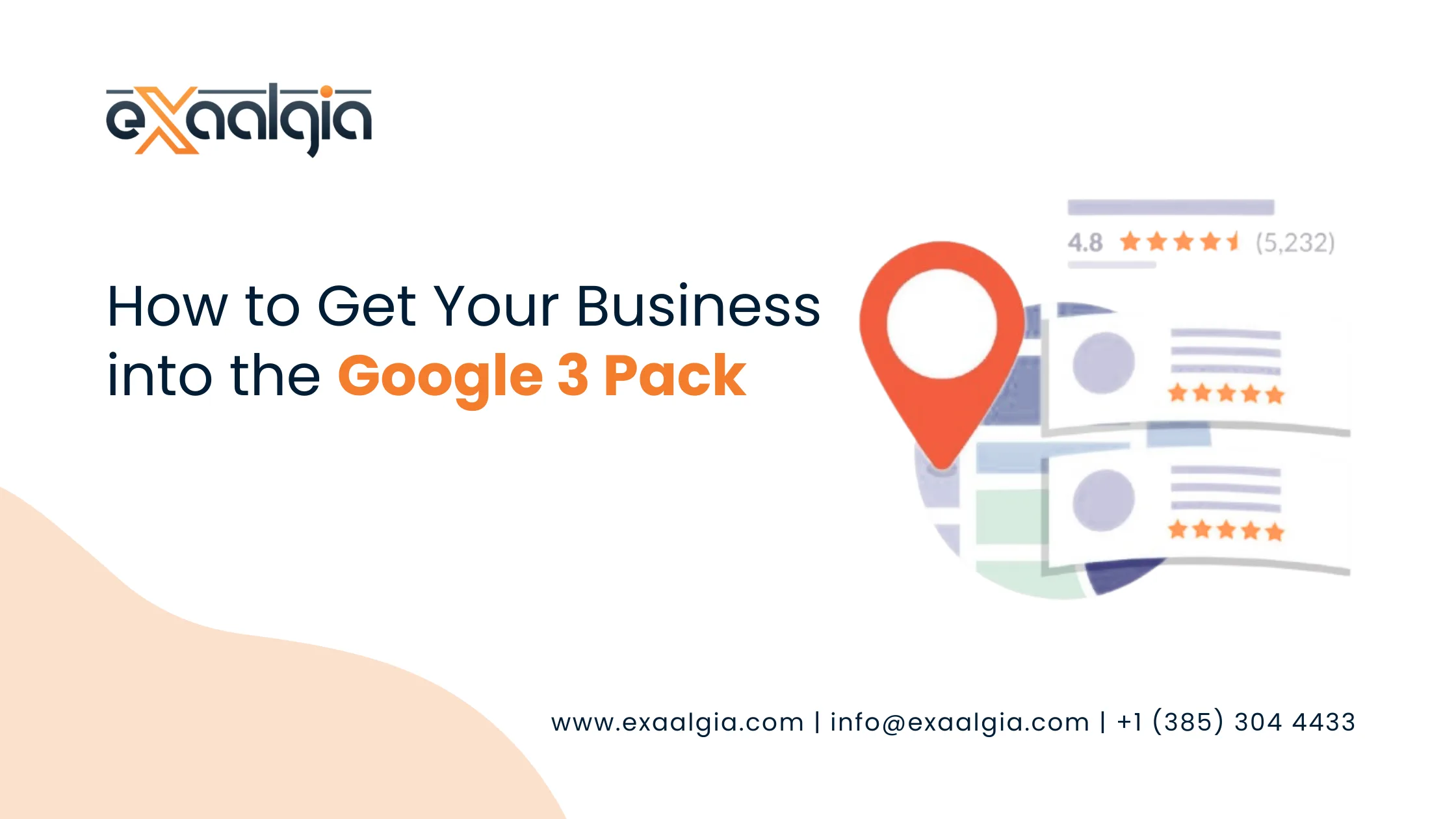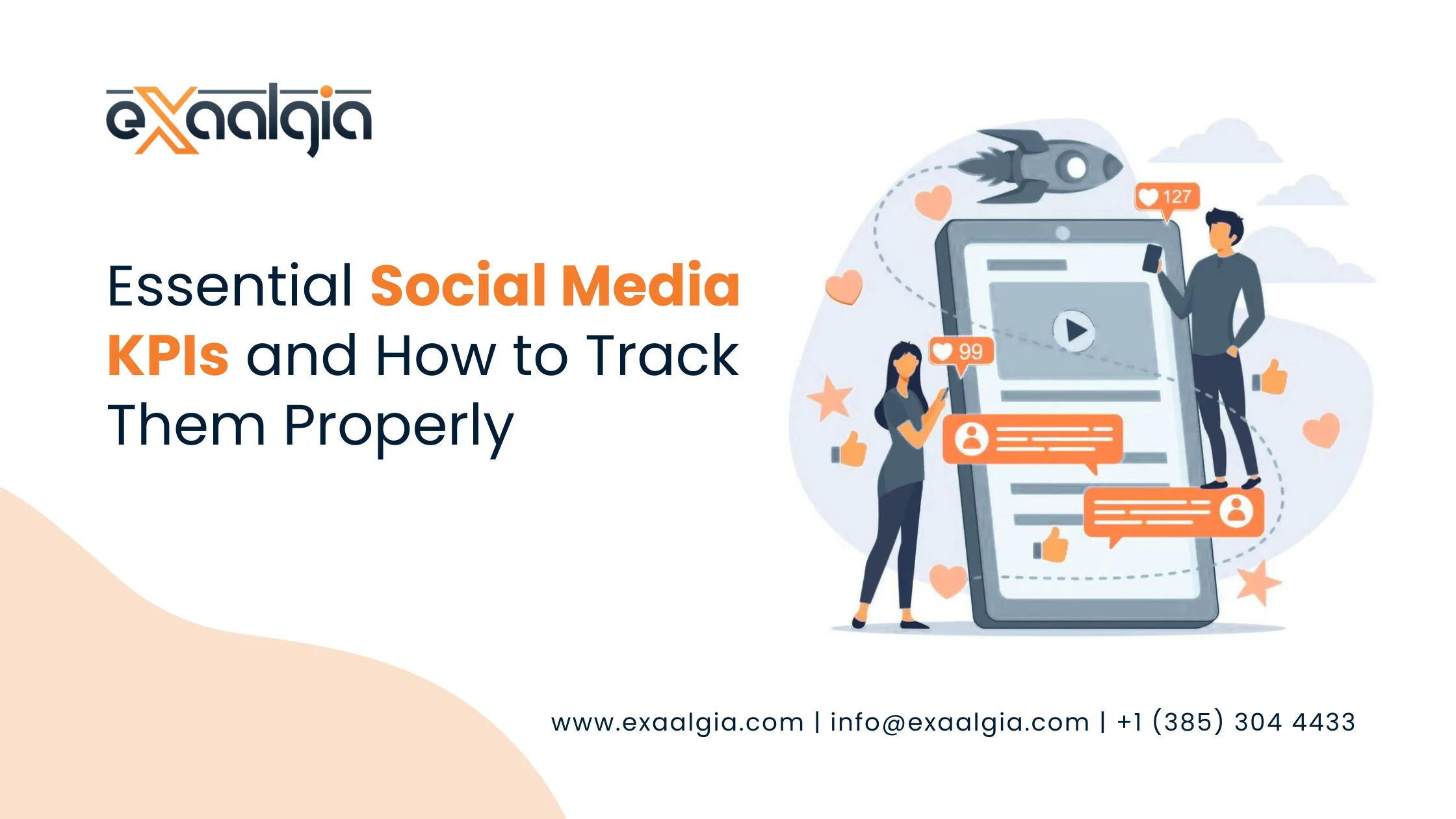In what ways does SEO differ from local SEO?
Search engine optimization, or SEO, is the process of optimizing your website for better visibility in organic search engine results. In SEO, it appeals to global or national audiences looking up keyword-related searches.
Local SEO simply limits the focus to specific geographic areas. This strategy ensures that your business pops in local-level searches, especially on Google Maps or “near me” queries.
In other words, whereas SEO is more general in targeting an audience, local SEO has the niche of attracting customers close to a business.
What is SEO?
SEO refers to strategies used to increase a website’s ranking on the SERPs. It drives organic traffic with content that is relevant, valuable, and easy to find for users.
Key Elements of SEO
On-page SEO: Optimization of the content, keywords, meta tags, and internal links.
Off-page SEO: Acquisition of high-quality backlink and domain authority development
Technical SEO: Improving page speed, mobile-friendliness, and security.
Content SEO: Blogging or publishing educational, entertaining articles, videos, and infographics.
SEO Best Practices
An excellent foundation is must-have for success. Here are some SEO strategies to be followed:
- Thorough keyword research with the help of tools like SEMrush or Ahrefs
- Always think and create optimized content that truly matches user intent
- Develop an effective authoritative backlinks acquisition strategy.
- Ensure your website is mobile-friendly and loads quickly.
- Regularly monitor performance using tools like Google Analytics.
What is Local SEO?
Local SEO is a branch of SEO designed to boost visibility for local businesses. It ensures that your business appears in searches made by nearby users, especially for location-specific keywords.
Example:
If, for instance, a user searches “best pizza near me,” local SEO means that your pizzeria appears on the search results: with your address, phone number, and even customers’ reviews.
Local SEO Best Practices
To be in top shape in local SEO, businesses should:
- Claim and optimize Google Business Profile listings.
- Leverage consistent NAP information across directories.
- Make sure customers leave positive reviews on platforms like Google or Yelp.
- Content optimization for location-specific keywords, such as “plumber in New York.”
- Local authority backlinks.
Differences Between Local SEO and SEO
| Factor | SEO | Local SEO |
| Target Audience | Global or national audience | Local customers in specific geographic areas |
| Keyword Focus | Broad, competitive keywords | Location-based keywords |
| Platforms | Organic search results | Google Maps, Local Pack |
| Approach | Content, technical SEO, backlinks | Google Business Profile, local citations |
| Purpose | Build authority, drive traffic | Attract foot traffic, generate local leads |
Local SEO vs. SEO: Which One is Best for Your Business?
- SEO vs local SEO choice depends on your business needs
- SEO is a good choice if you have an e-commerce site, national audience, or want to build authority in your niche.
- Local SEO is for a local store or business catering to a local customer base.
- Some businesses may require a hybrid approach, thus mixing both strategies to maximize reach and impact.
FAQs – SEO vs Local SEO
1. What is the main purpose of local SEO?
Local SEO helps businesses connect with customers in their geographic area through optimized local search strategies.
2. Is it possible for a business to use both local SEO and SEO?
Yes! Combining both strategies can enhance visibility and attract a wider range of customers.
3. How long does it take to see results from SEO or local SEO?
Generally, SEO strategies will take 3-6 months to show tangible outcomes, whereas local SEO can start producing results much faster and in cases where Google Business Profiles are optimized, almost immediately.
4. Which are the top tools for SEO and local SEO?
Google Analytics, SEMrush, and Moz top the recommendations for SEO. Google Business Profile and BrightLocal are usually top recommendations for local SEO.
5. Why is the Google Business Profile important for local SEO?
Google Business Profile increases the visibility of your business in local searches, thereby helping more and more customers reach your business.
Conclusion
SEO and Local SEO are both integral components of any successful digital marketing campaign. Whether you target global traffic or local customers, an understanding of these will help guide your approach.
To optimize your online presence, consider partnering with a professional digital marketing company like Exaalgia. We offer a comprehensive selection of SEO services in the USA that are tailored to the needs of your business.
Ready to elevate your online visibility? Contact us today for expert advice and personalized SEO strategies!


